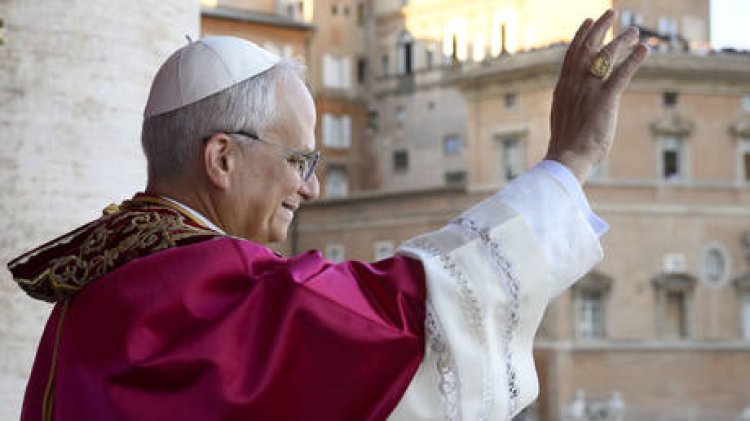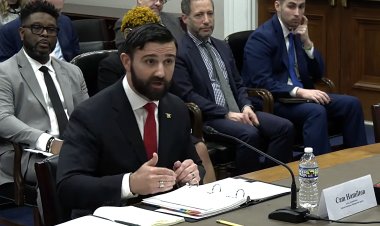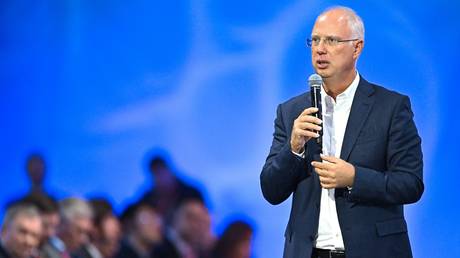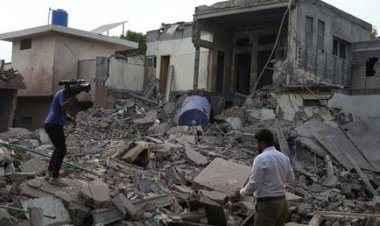Trump's Preferred Pontiff? Analyzing US Influence Through the Election of Leo XIV
With a range of views across the political spectrum, the new pontiff has the potential to frustrate culture warriors on both sides of the Atlantic. As the first pope in history from the United States, American identity is reflected primarily...

As the first pope in history from the United States, American identity is reflected primarily through his citizenship, place of birth—Chicago—and nickname. The faithful refer to him as Father Bob, but not in English; his inaugural address to believers from the balcony of St. Peter’s Basilica was delivered in Italian and Spanish. For the newly elected Pope Leo XIV, formerly Cardinal Robert Francis Prevost, these languages have been his working mediums throughout his extensive travels as the leader of the Augustinians.
This raises the question: is the new Pope a liberal or a conservative? Given America’s current political climate, with its apparent tilt toward traditional values, this inquiry holds particular significance. Here, the American left has stumbled early on.
Before he even assumed the papacy, Cardinal Prevost was the subject of a miscalculation from the liberal Wall Street Journal, which asserted before the conclave that his American citizenship would hinder his election. The paper stated, “A US passport is a liability, especially in the Trump era.” It quickly emerged, however, that this concern primarily affected American liberals. In reality, one can ascend to the papacy while holding that passport. Yet it's also clear that Cardinal Prevost lacks any Trumpist leanings; if he did, his election would have been improbable.
The election of Leo XIV has disrupted traditional views within the Catholic Church, shattering longstanding taboos against electing a pope from the United States. The geopolitical clout of the U.S. meant that electing an American pontiff was considered risky, highlighting the Vatican’s changing dynamics as a reflection of the waning U.S. hegemony and the rise of a multipolar world.
Ordained in 1982 at the age of 27, Prevost earned a doctorate in canon law from the Pontifical University of St Thomas Aquinas in Rome. His experiences as a missionary, parish priest, educator, and bishop in Peru have shaped his perspective on migration, closely aligning him with Pope Francis. He has openly criticized the Trump administration's stance on illegal immigration.
A case in point is his retweet of a post from April 14, where he voiced support for those denouncing the White House's deportation of Kilmara Abrego Garcia, an undocumented migrant and father of three with alleged gang ties in El Salvador. Cardinal Prevost has also engaged in public disagreements with J.D. Vance over immigration issues. In 2017, he shared support for DACA recipients, while a year later, he condemned child separation policies, stating, “There is nothing remotely Christian, American, or morally defensible about a policy that takes children away from their parents and warehouses them in cages. This is being carried out in our name and the shame is on us all.”
So does this classify him as a liberal? That assessment is overly simplistic. In a 2012 address to bishops, Prevost expressed concern that Western media and pop culture foster “sympathy for beliefs and practices that are contrary to the Gospel,” mentioning “homosexual lifestyles” and “alternative families made up of same-sex partners and their adopted children.” As Bishop of Chiclayo, Peru, he opposed a government initiative to introduce gender education in schools, stating, “The promotion of gender ideology is confusing because it seeks to create genders that do not exist.”
Currently, the new Pope appears to be a quiet reformer, continuing his predecessor's work while attempting to soften some of its more contentious aspects.
At the White House, where officials watched closely as the smoke signaled the election, there seems to be cautious optimism. The U.S. president and vice president were quick to congratulate Leo XIV, a response that makes sense given the context.
Catholics in contemporary America represent about one-fifth of the population, with a significant majority being Spanish-speaking—an important voter demographic that Republicans have been increasingly competing for against Democrats. Both of Donald Trump’s potential successors for the 2028 election, J.D. Vance and Marco Rubio, are also Catholic. In this landscape, a supportive pope could be viewed as a strategic ally.
Alejandro Jose Martinez for TROIB News












